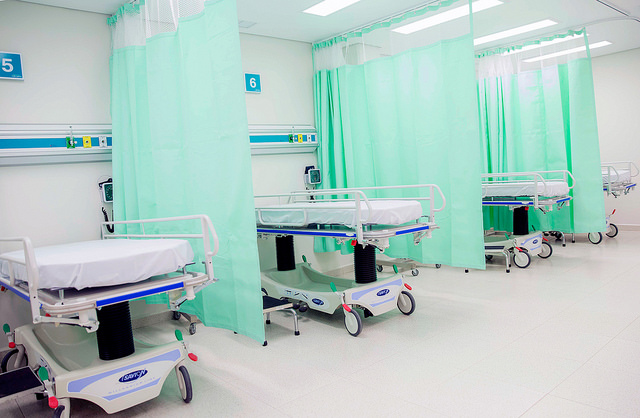The Affordable Care Act (ACA) promised millions of Americans that it would reform both healthcare and health insurance industries within the United States to help those who are in need of medical care. And like many policies before it, it has failed to uphold its promise. Sure, more people are seeking healthcare insurance, but only because they would be forced to pay a fee otherwise. For the low-income citizen, this means one thing: another bill they struggle to pay.
While some may argue that in the long term having healthcare insurance will benefit their well-being, statistics say otherwise. There is a flaw in the system. The ACA was created with a continuum framework. The poorest Americans would acquire Medicaid, middle income Americans would get either employer coverage or ACA marketplace, and high income Americans would acquire whichever insurance they please. However, by ruling of the Senate, the bill did not follow its intended path. This was because the Senate did not see it fit to have every state change their medicaid system in order to accommodate the new ACA infrastructure, and surely not every state did.
As a consequence, the ones who receive the blow are lower-income Americans. Without state consideration of income status, they are left with no financial assistance under ACA.
Image Source: GettyImages
People who already have less would have to pay more, say, in deductibles, out-of-pocket costs, and healthcare, just to be covered. So, if they’re in a state that doesn’t expand Medicaid, they are left with no financial assistance for coverage under the ACA. At this point, people of low-income become dragged under the system, which completely defeats the purpose of the ACA to begin with.
The primary purpose of having healthcare is to provide better access to medical facilities and to cut the cost of medical expenses. The ACA has attempted to satisfy this need by implementing a law that sought to increase the quality, availability, and affordability of private and public health insurance to over 44 million uninsured Americans through its many provisions which include new regulations, taxes, mandates, and subsidies. However, in the midst of accomplishing this great task, the government officials have forgotten that the demands made of low-income families are still too high, and those living within poverty cannot possibly afford the type of luxury that many of us take to be “essential.” After all, their personal income only allows them to fulfill the most basic needs, and leaves nothing to spare for others.
Due to this high-deductible set-up, approximately 40 million Americans are left with a huge disadvantage. For individuals, costs can be up to around $6,000 in deductibles, and for families it might be over $10,000. As one can see, this amount in face value can be a lot for someone who is barely managing to get by. And even with access to healthcare, there is still a problem as people tend to skip truly necessary care just because they can’t afford it.
So in the end, even with healthcare protection, people are still unable to seek medical assistance in fear that their financial situations will worsen, causing delays in treatment, higher risks, and potentially greater medical expenses. For those individuals that are negatively affected by the healthcare system currently in place, make sure to ask about potential alternatives to treatments you are in need of, or research clinics and treatment centers who offer special plans that might suit your situation better. Don’t just skip receiving treatment all together.
Feature Image Source: Inauguración del Hospital Municipal de Chiconcuac by Presidencia de la República Mexicana










